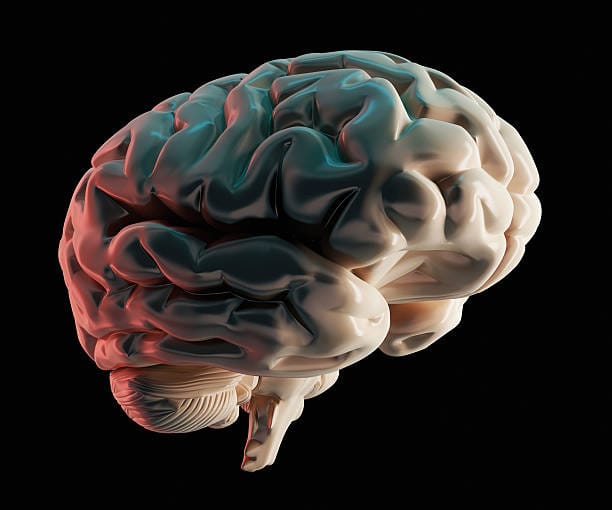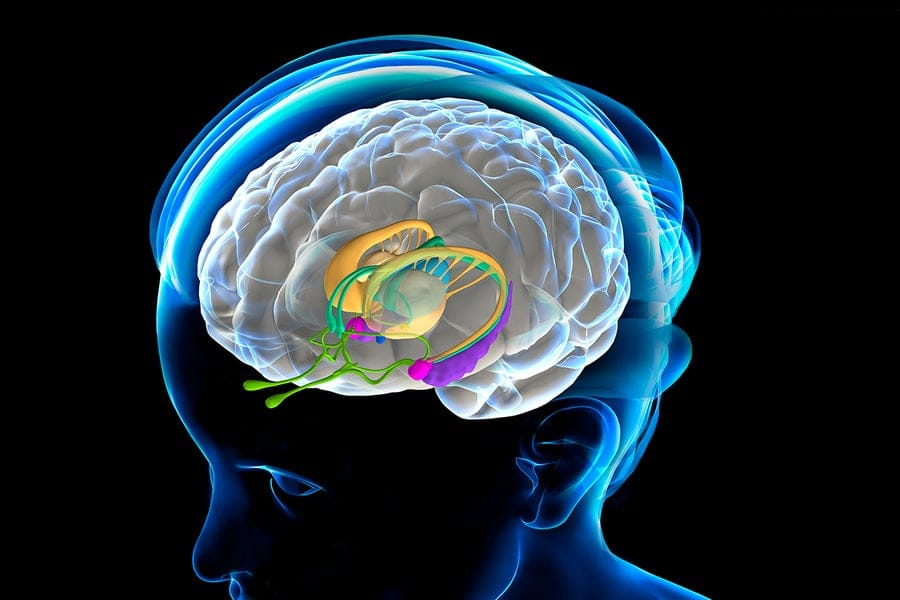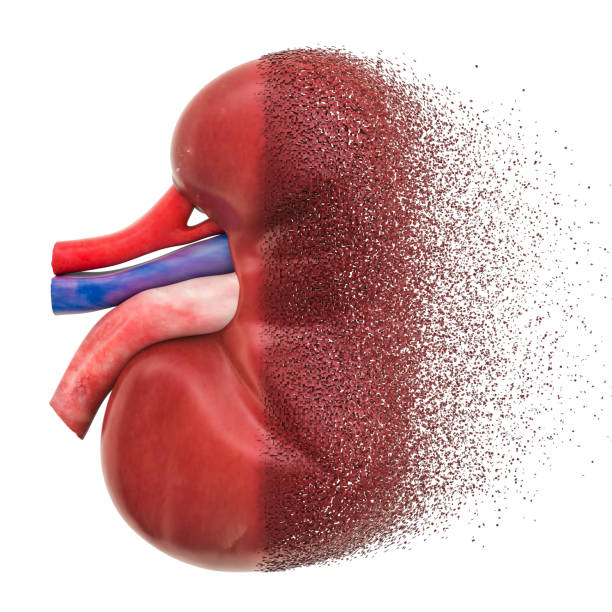The months leading up to childbirth are filled with anticipation, excitement, and profound physical change. A mother’s body grows, nourishes, and sustains a new life, adapting in miraculous ways. But after delivery—whether vaginal birth or cesarean—the body begins another journey, one that often feels overlooked in the grand narrative of motherhood: recovery.
For many new mothers, one of the most pressing questions arises quietly in the weeks after birth: How do I return to a healthy weight? The question is not merely about appearance; it is about strength, energy, and well-being. It is about feeling like oneself again while adjusting to the immense demands of motherhood.
This path to a healthy weight after pregnancy is delicate. It requires compassion, patience, and scientifically grounded strategies. It is not a sprint back to a “pre-baby body,” but rather a holistic approach to healing, nourishing, and building resilience. Diet and exercise, when guided by medical wisdom and emotional care, can become powerful allies in this process.
Understanding Postpartum Changes
Before discussing diet and exercise, it is essential to understand what the body undergoes during and after pregnancy. Weight gain during pregnancy is not arbitrary; it is a biological necessity. The extra weight supports the baby’s growth, the placenta, amniotic fluid, increased blood supply, and maternal fat stores that provide energy for breastfeeding.
On average, women gain between 25 to 35 pounds during pregnancy, though this varies based on body type and health status. After childbirth, immediate weight loss comes from the delivery of the baby, placenta, and fluids—often around 10 to 15 pounds. But the remaining weight, particularly fat stores, is more stubborn.
Hormonal shifts also play a role. Elevated progesterone and estrogen levels during pregnancy drop rapidly postpartum, while hormones like prolactin (for milk production) rise. Cortisol, the stress hormone, can fluctuate, affecting appetite and fat storage. In addition, sleep deprivation—a near-universal experience for new parents—disrupts hormones like ghrelin and leptin that regulate hunger and satiety, making weight management more challenging.
Understanding these biological realities reframes weight loss after pregnancy. It is not about rushing but about aligning with the body’s natural rhythm of recovery.
The Importance of a Gentle Timeline
It is tempting to set ambitious goals for rapid postpartum weight loss, especially under societal pressure to “bounce back.” Yet, evidence shows that gradual weight loss is safer and more sustainable. Most experts recommend waiting at least six weeks before beginning any structured diet or exercise plan, and sometimes longer after a cesarean section.
Breastfeeding mothers in particular need extra energy to support milk production—approximately 450 to 500 calories daily. Cutting calories too drastically can reduce milk supply and deplete energy reserves. The American College of Obstetricians and Gynecologists (ACOG) suggests aiming for a weight loss of about 1 to 2 pounds per week after the initial postpartum recovery period.
This pace is not only realistic but also protective of long-term health. Mothers who lose weight gradually are more likely to maintain it and less likely to develop nutrient deficiencies or hormonal imbalances.
Building a Postpartum Diet That Heals
Nutrition after childbirth is about more than weight loss—it is about recovery, energy, and nurturing both mother and baby. A balanced postpartum diet supports healing tissues, replenishes blood supply, stabilizes mood, and fuels breastfeeding.
The Power of Whole Foods
A postpartum diet should prioritize whole, nutrient-dense foods. Fresh vegetables, whole grains, lean proteins, fruits, legumes, and healthy fats provide the vitamins, minerals, and fiber essential for healing. Iron-rich foods like spinach, red meat, and lentils help rebuild blood lost during delivery. Calcium and vitamin D support bone health, while omega-3 fatty acids in salmon, walnuts, and flaxseeds aid in brain function and reduce inflammation.
Hydration for Recovery and Milk Supply
Water plays a vital role in postpartum recovery, particularly for breastfeeding mothers. Adequate hydration supports milk production, digestion, and energy levels. Herbal teas without caffeine, broths, and water-rich fruits like oranges and cucumbers are helpful additions.
Avoiding Pitfalls
Highly processed foods, excess sugar, and refined carbohydrates can undermine recovery by spiking blood sugar, increasing inflammation, and contributing to fatigue. While occasional indulgence is natural, focusing on balance ensures that food becomes a source of healing rather than stress.
Eating for Breastfeeding Mothers
Breastfeeding increases nutritional demands. Beyond additional calories, mothers need higher levels of vitamins A, C, and B12, as well as iodine and zinc. Small, frequent meals can help stabilize energy, while snacks like nuts, yogurt, and fruit provide convenient nourishment during long feeding sessions.
Safe Postpartum Exercise
Exercise after pregnancy is not about punishment; it is about rebuilding strength, stability, and confidence in one’s body. The postpartum period often leaves women with weakened abdominal muscles, stretched pelvic floors, and altered posture. Exercise becomes a tool not only for weight management but also for restoring function and preventing long-term complications like back pain or incontinence.
Gentle Beginnings
In the first six weeks, especially after vaginal delivery, gentle movements are best. Walking is an excellent way to improve circulation, boost mood, and reintroduce the body to activity. Pelvic floor exercises, often called Kegels, help restore strength and control to muscles stretched during pregnancy and childbirth.
For mothers recovering from a cesarean, healing takes longer. Abdominal incisions need at least 8 to 12 weeks to recover before engaging in more intensive exercise. Walking, stretching, and breathing exercises can aid recovery in the meantime.
Building Core Strength
Pregnancy often results in diastasis recti, a separation of the abdominal muscles. Targeted core exercises like pelvic tilts, bridges, and modified planks help close this gap and rebuild stability. Traditional crunches or sit-ups, however, may worsen the condition and should be avoided until healing is confirmed.
Gradual Cardio and Strength Training
As recovery progresses, moderate cardio—such as swimming, cycling, or brisk walking—can be introduced. Strength training with light weights or resistance bands improves muscle tone and boosts metabolism. These exercises should focus on functional movements that support daily parenting tasks, like lifting, bending, and carrying.
Mind-Body Practices
Yoga and Pilates are especially valuable postpartum. They improve flexibility, restore posture, and strengthen deep core muscles, while also reducing stress and anxiety. Mindful movement offers mothers a moment of calm in an otherwise demanding routine.
The Role of Sleep and Stress
Diet and exercise are often emphasized in postpartum weight management, but sleep and stress are equally critical. Sleep deprivation disrupts appetite-regulating hormones, increasing cravings for high-calorie foods. Chronic stress elevates cortisol, which promotes fat storage, particularly around the abdomen.
While uninterrupted sleep is rare with a newborn, mothers can prioritize rest by napping when the baby sleeps, sharing nighttime duties with a partner, or seeking support from family. Relaxation practices like deep breathing, meditation, or gentle stretching can also lower stress, supporting both mental and physical health.
Emotional Well-Being and Body Image
The postpartum journey is not purely physical. It is deeply emotional. The body that once nurtured a child may feel foreign, stretched, or weakened. Societal messages about “getting your body back” can exacerbate feelings of inadequacy.
Here, self-compassion becomes vital. The body has performed an extraordinary feat, and its changes are marks of resilience, not flaws. Supportive communities—whether through friends, family, or postpartum groups—can offer validation and encouragement. For some women, postpartum depression or anxiety complicates recovery. Professional support from healthcare providers or therapists is essential in such cases, reminding mothers that they are not alone.
Cultural Perspectives on Postpartum Recovery
Across the world, postpartum traditions vary, but most cultures recognize the need for rest, nourishment, and care. In Latin American cultures, la cuarentena is a 40-day period of recovery where new mothers are encouraged to rest and eat restorative foods. In parts of Asia, herbal soups, teas, and massage are used to promote healing. These practices emphasize patience, care, and respect for the recovering mother—values that modern society often rushes past.
Blending cultural wisdom with modern science offers a holistic approach to postpartum recovery, one that honors both tradition and evidence-based care.
The Science of Long-Term Health
Postpartum weight management is not only about the immediate months after birth but also about long-term health. Women who retain significant pregnancy weight are at higher risk for obesity, type 2 diabetes, and cardiovascular disease later in life. At the same time, overly restrictive dieting can harm metabolic health and mental well-being.
The goal is balance: supporting gradual, sustainable weight loss while fostering habits that benefit health for years to come. These include consistent physical activity, mindful eating, adequate sleep, and stress management.
When to Seek Professional Guidance
Every postpartum journey is unique, and some mothers may face additional challenges such as thyroid imbalances, gestational diabetes recovery, or pelvic floor dysfunction. In these cases, guidance from healthcare providers, nutritionists, or physical therapists is invaluable. Personalized care ensures that diet and exercise plans are not only effective but also safe.
A Gentle Path Forward
The postpartum period is one of profound transformation. It is a time when mothers must learn to care not only for their newborns but also for themselves. Achieving a healthy weight after pregnancy is not a matter of chasing perfection or racing against time. It is a journey of healing, nourishment, and strength.
Through balanced nutrition, safe and gradual exercise, adequate rest, and emotional support, mothers can rebuild their bodies and their confidence. The goal is not to “bounce back” but to move forward—toward resilience, vitality, and a renewed sense of self.
In the end, a healthy weight after pregnancy is not about reclaiming who you were before. It is about embracing who you have become: stronger, wiser, and forever changed by the extraordinary experience of bringing life into the world.






